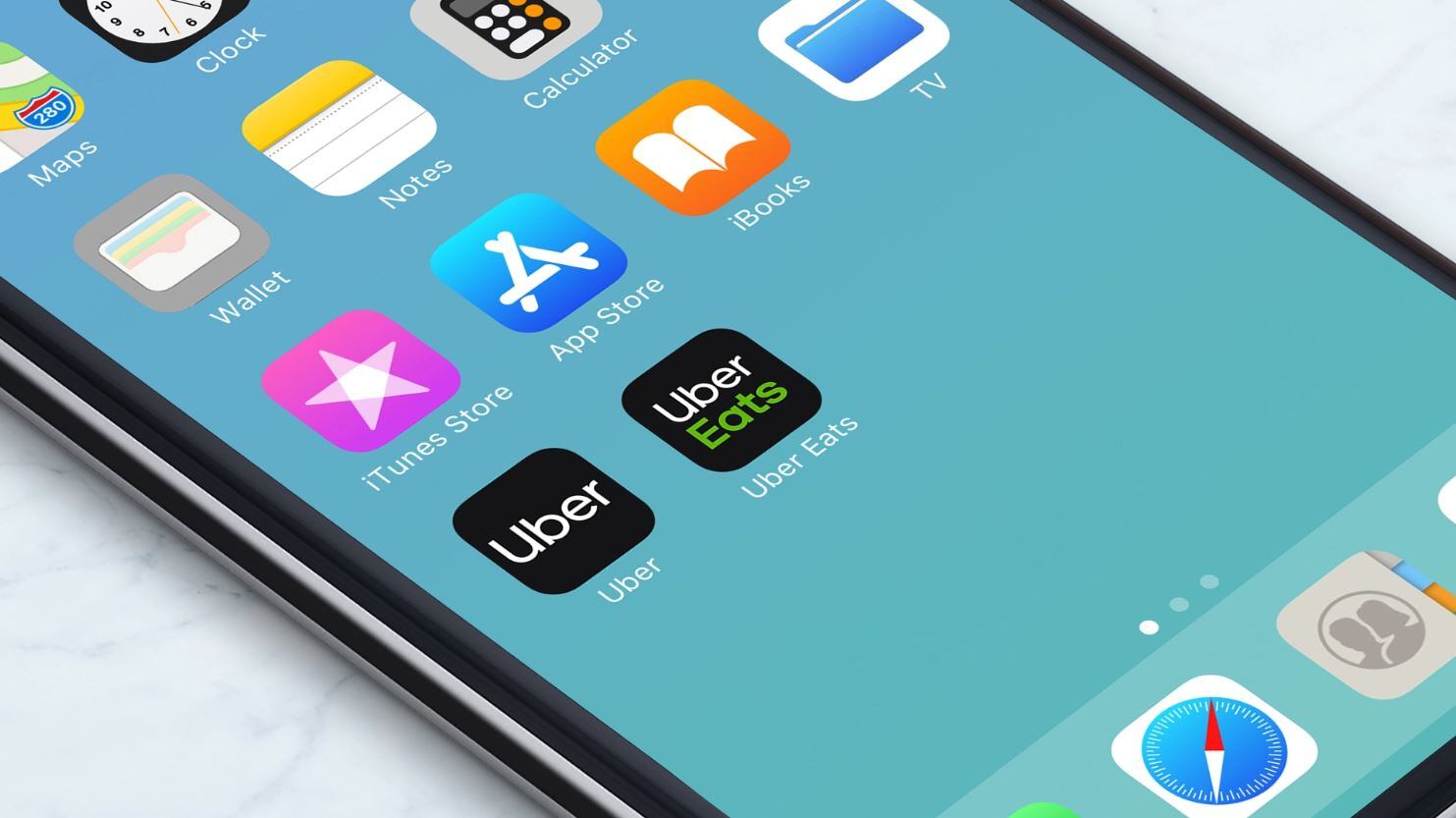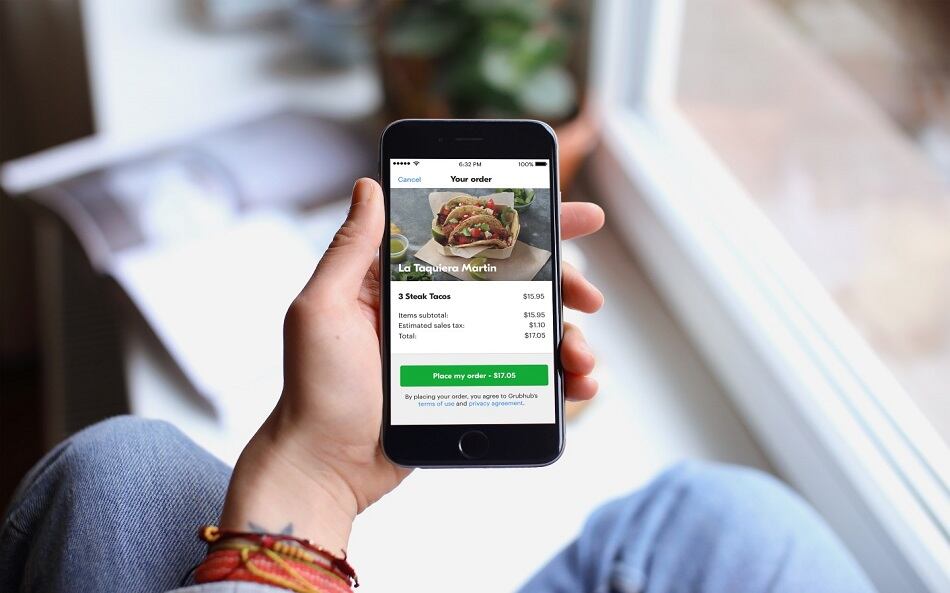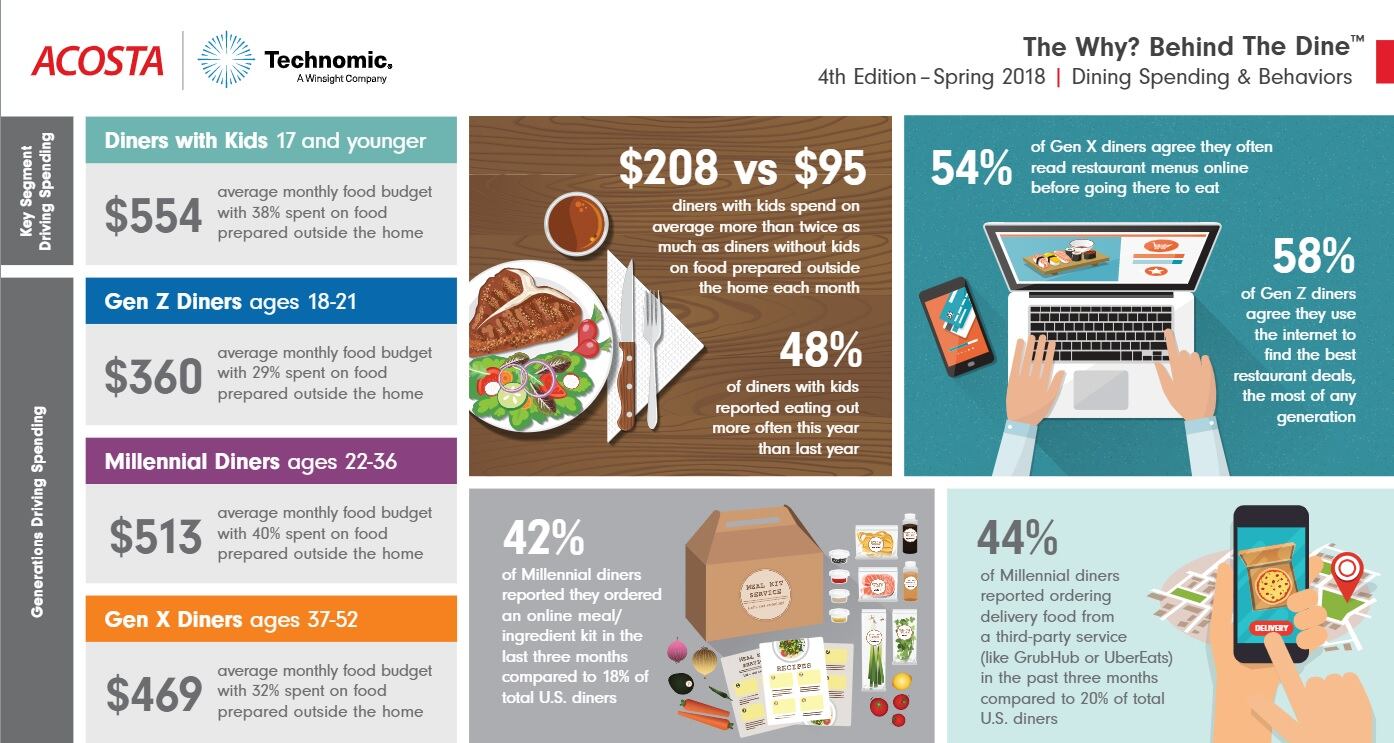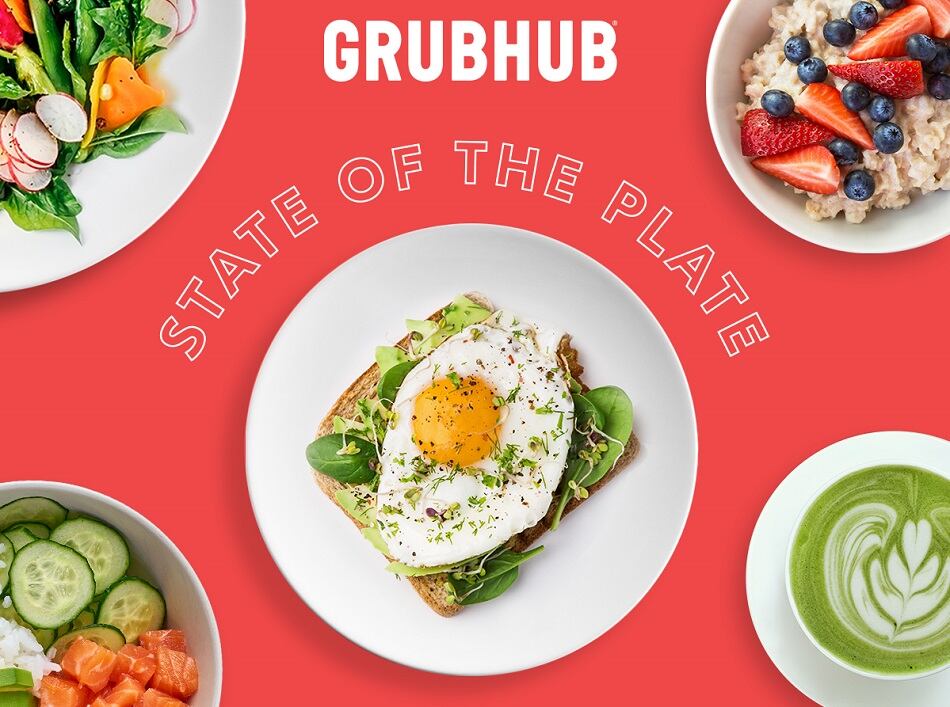As grocery delivery services such as Amazon Prime work to add additional capacity to minimize delays and out of stock items on grocery delivery orders, many consumers are turning to restaurant delivery as an alternative solution even amid sweeping restaurant closures announced across Illinois, Ohio, and New York City.
According to NPD, 48.5% of all restaurant spending was for off-premise orders (carry-out, delivery, and drive thru) for the 12 months ending in January.
NPD noted that widespread restaurant closures will "accelerate the shift to off premise [dining]."
Efforts to promote delivery, drive-through, and takeout
Several US government leaders have taken the strong measures of closing down restaurants and bars for dine-in service throughout Illinois, Ohio, and New York City until the end of the month to prevent and contain the spread of COVID-19.
Governor of Illinois, J.B. Pritzker announced the “unprecedented” decision to close all restaurants and bars across the state of Illinois on Sunday (effective Monday, March 16) describing it as “another hard step to take” but one that the Illinois food supply system can manage.
“We are working with restaurant owners and food delivery services across the state to see if restaurants can safely keep their kitchens open so the restaurants can continue food delivery to people at their homes,” Pritzker said in a press conference held on Sunday.
Pritzker added that drive through and curbside pickup options will still be available to Illinois residents.
"Over 90% of all restaurants are small- and family-owned with 50 or fewer employees, each restaurant, along with the industry's 15.6 million employees, are facing uncertainty and disruption because of coronavirus,” said Sean Kennedy, executive vice president of public affairs for the National Restaurant Association.
“Efforts that promote drive-thru, takeout and delivery are important tools to help restaurants continue to serve consumers during challenging times."
Mobile food delivery services respond with waived delivery and commission fees
Several mobile food delivery companies including Uber Eats and GrubHub (owner of Seamless) have taken steps to ease the financial impact closing down on-premise eating. Uber Eats announced that it will be offering free delivery for all mobile orders in the US and Canada, daily pay-out for restaurants (vs. weekly pay outs), and promoting independent restaurants through increased mobile marketing efforts.
Uber Eats has also begun a user campaign to drive awareness of “contactless” delivery, provided CDC guidance to restaurants to ensure all delivery orders are properly sealed in tamper-evident packaging, and is working to provide delivery people with sanitization materials in the most impacted markets.
In a similar move, GrubHub announced that it will temporarily suspend collecting commission fees of up to $100m from independent restaurant partners.
Matt Maloney, Grubhub founder and CEO commented: "Independent restaurants are the lifeblood of our cities and feed our communities. They have been amazing long-term partners for us, and we wanted to help them in their time of need. Our business is their business -- so this was an easy decision for us to make."




